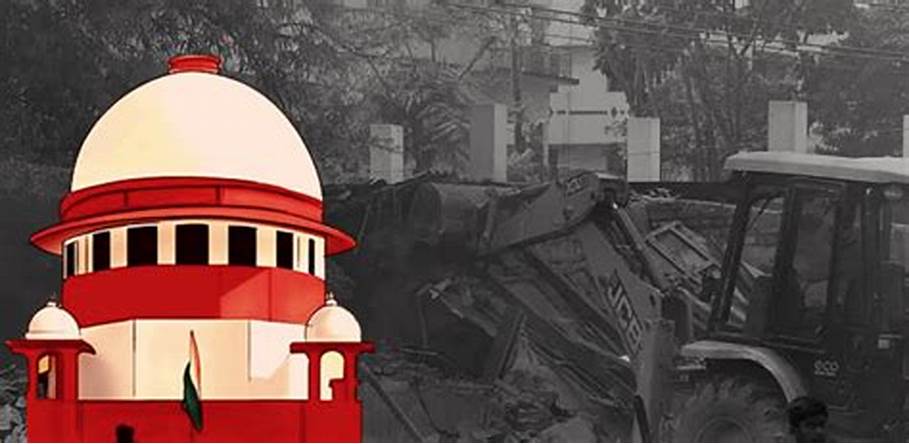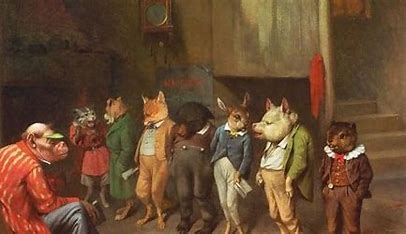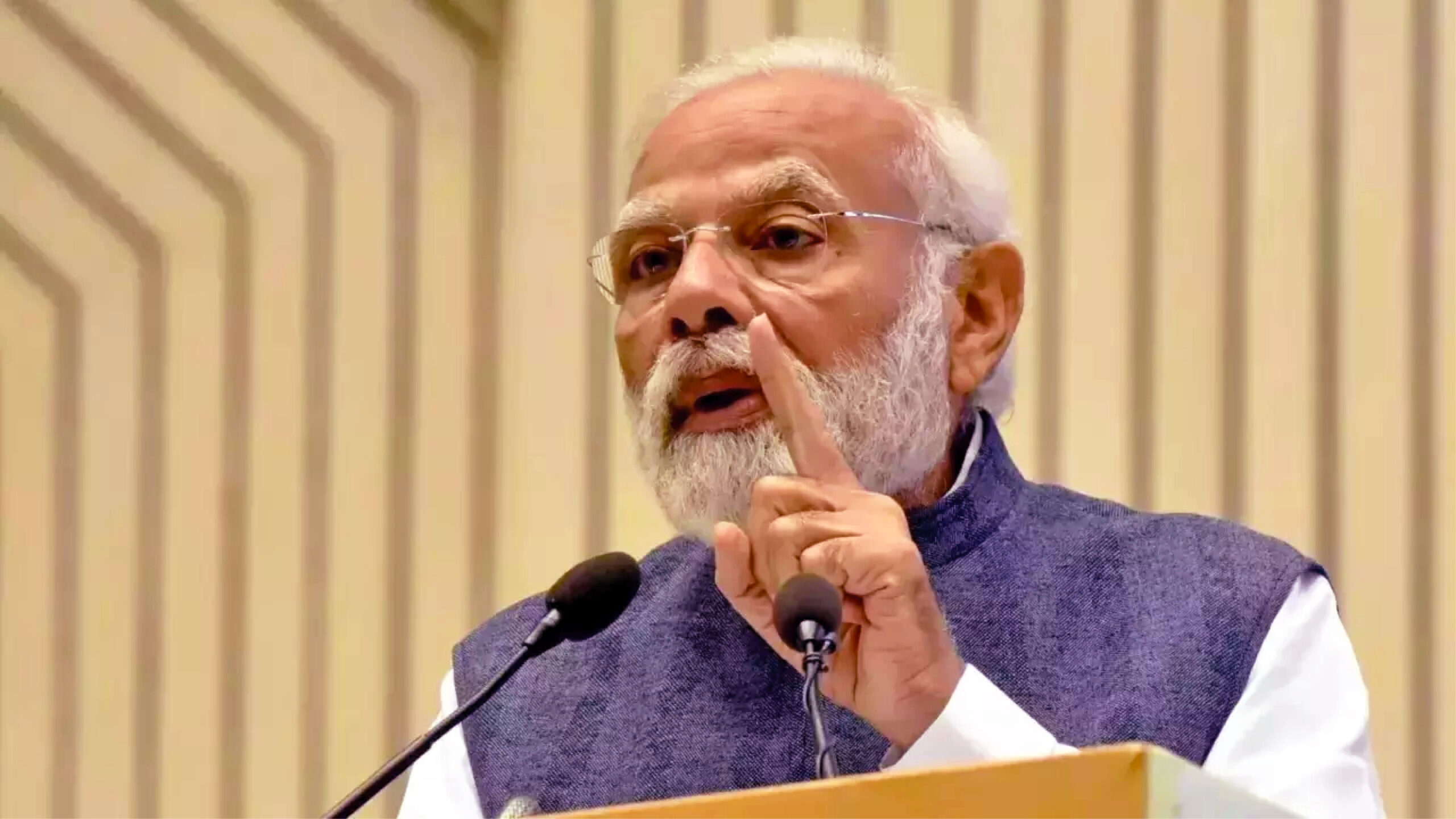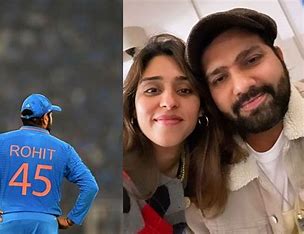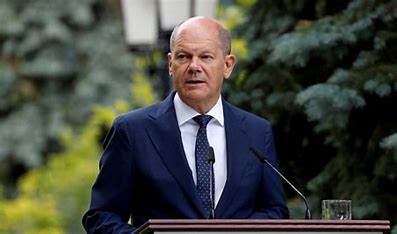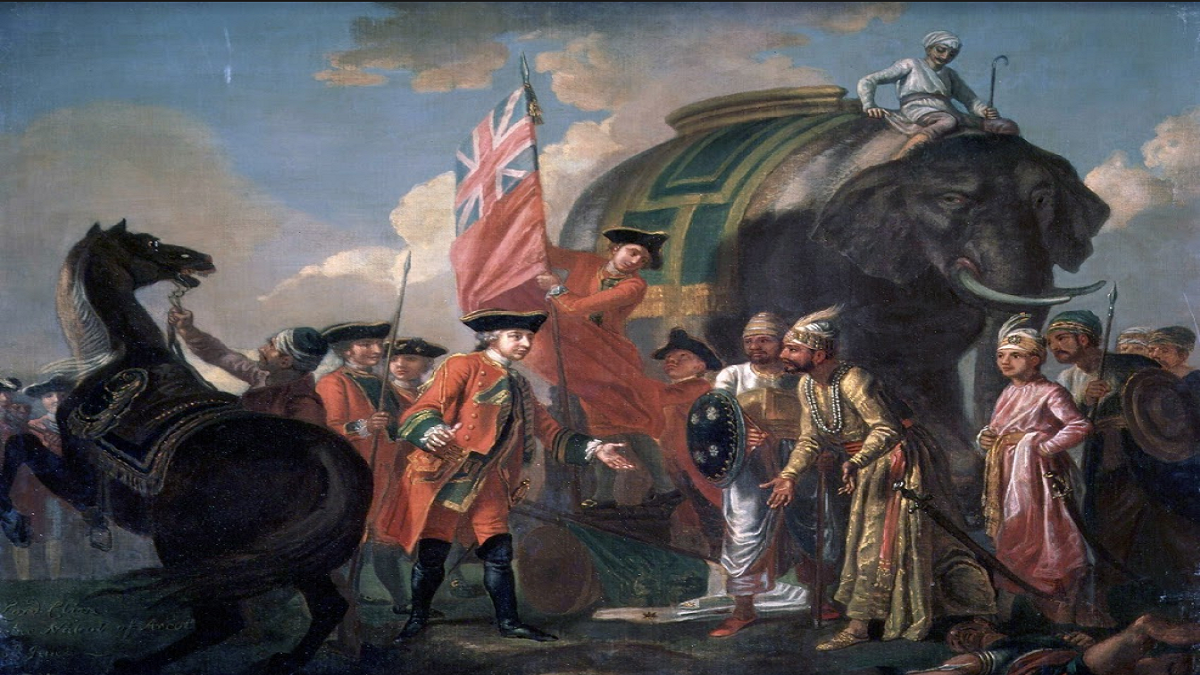
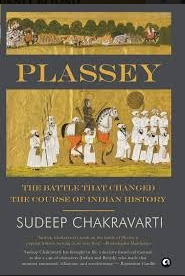
Sharadindu Bandyopadhyay was a famous Bengali writer. Outside Bengal, he is probably most famous for his fictional detective, Byomkesh Bakshi. Byomkesh has a friend, Ajit Bandhopadhay, who is also a chronicler. One of these stories was published in 1952 and is titled Durga Rahasya (The Mystery of the Fort). Byomkesh cracks the mystery when Ajit quotes, “Abar abar sei kaman garjan (The cannon thundered again and again).” Bengalis, of a certain generation, will immediately recognise the quote and would certainly have done so, in 1952. Sudeep Chakravarti doesn’t mention Byomkesh. He has no reason to. While he doesn’t quote the specific passage Ajit quoted, he refers to the poem, “Palashir Yuddha”, written by Nabinchandra Sen in 1875.
Nabinchandra Sen has been accused of not being true to history, an issue also discussed by Sudeep Chakravarti. But that’s not the point I want to make. However, before that, there is a reference in the book that foxed me, a description of a recent visit Sudeep made to Plassey. (He made an earlier visit in the early 1970s, as did I.) “In front of the stage is a banner, proclaiming a stanza of poetry in classical Bengali: Kandari! Tobo shommukhe oi Polashir prantore, Banglar khoone lal holo jetha Clibhe-er khonjor (Captain! The battlefield of Plassey lies before you, Where Clive’s blade was reddened by the blood of Bengal)!” This is the poet Kazi Nazrul Islam, in the famous poem, Kandari Hushiar (Boatman! Be Careful), written in 1926. I was a bit puzzled that Sudeep didn’t mention Kazi Nazrul by name, and by his reference to a stanza of poetry in classical Bengali.
Like hundreds of Bengalis, I have been to Plassey in my student days, decades before the present Palashi Monument was erected and at a time when the mango grove still existed. (I understand it has vanished now.) Plassey changed the course of history. It was a turning point. There is the history and there is the perception and there can be an imperfect correlation between the two. The popular Bengali perception is largely along the lines of the poems of Nabinchandra Sen and Kazi Nazrul Islam. A columnist-turned-prolific author, Sudeep Chakravarti won several awards for The Bengalis: A Portrait of Community. What is Bengal and who is a Bengali? All too often, Bengalis in West Bengal and India tend to forget a larger number of Bengalis live in Bangladesh. The book The Bengalis made no such error and in this volume too, art and literature from both sides of the divide are surveyed to portray the popular Bengali (Indian) perception of Siraj-ud-Daulah and Plassey. “Plassey is a Petri dish of sophistry and uncomfortable views. Sometimes, from surprising sources.” A bit like Rashomon, there are differing perceptions about Siraj-ud-Daulah, Plassey and Clive.
In the author’s words, “Despite the numerous published interpretations of Plassey and its aftermath, the questions continue to thrive. Was it really a battle or was it won before it began, as some historians surmise? What were the politics of the time that spurred Plassey — from a ravaged Mughal empire to the insecurities of the Seven Years War between two of the principal actors, Britain and France? What were the attractions of the plains and rivers of Bengal, the lifeline of trade and commerce that for centuries brought the produce of Bengal, the richest province of several Indian empires, to the homes and balance sheets of Europe?
Was the incident of the Black Hole of Calcutta, used by some to morally underpin the British expedition to Plassey, real, exaggerated or fictional? How is that incident and Plassey carried forward to this day, as the present remembers the past in various versions of living history?” One would have thought historians had already answered these questions. Regardless of what historians might say, history and the writing of history are never objective. Subjectivity creeps in. There is always newer evidence. Sudeep Chakravarti is not a historian who is an academic and his journalistic training and knack for ferreting out details make this a readable and fascinating book. It is just as well that he is not an academic historian, with preconceived biases and training.
The outcome is a book with 21 chapters (divided into three sections), seeking to answer the questions mentioned in the quote. The first section sets out the background, the lay of the land, including the battle of Mylapore. (One wouldn’t necessarily have expected this in a book on Plassey.) The second section is on the build-up, while the third section is on the familiar territory of the actual battle. A wide variety of reading has gone into the writing of this book. For a certain period of Indian history, Thomas Babington Macaulay’s name is certain to be figured. However, to illustrate the wide canvas of reading, a quote from Macaulay about the later Mughals was quite unexpected. The later Mughals “sauntered away life in secluded places, chewing bang (or bhang, cannabis), fondling concubines, and listening to buffoons”. That reading is not restricted to published sources in English. To write a book like this, a prerequisite is that the author should be Bengali or should be able to read Bengali. Since Sudeep is Bengali, the volume has been enriched and we have a very good history of Plassey. A blurb on the jacket says this book is “popular history writing at its very best”. That, no doubt inadvertently, tends to suggest this is diluted and dumbed-down history. This book is anything but that. It is extremely well-researched. But yes, it is not written in a pedant’s boring style.
If there is a complaint I have (other than Kazi Nadrul Islam not being named), it is about the epilogue, with its slightly cynical air. “Among all the morbid memories and mysteries, Plassey lives…While history is made destitute here… Then it’s all over for another year.” The cynical reference is to a memorial event on 23June. But events apart, Plassey lives in memories, notwithstanding the mysteries, and Sudeep has enriched that memory.
